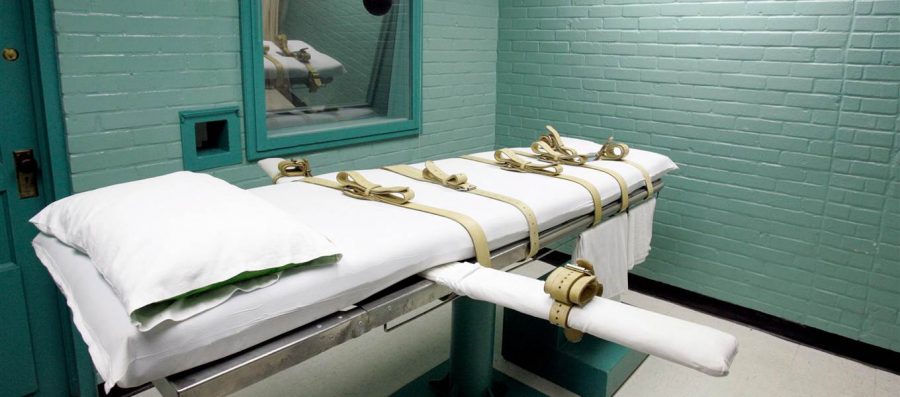On May 15, a federal jury in Massachusetts sentenced Dzhokhar Tsarnaev — one of the bombers in the 2013 Boston Marathon bombing — to death. The federal government has only executed 3 men since Massachusetts abolished capital punishment in 1984, making both the execution and the state of its trial fascinating. In Texas, however, capital punishment is so incorporated into the normative political and social fabric that it does not receive the scrutiny that would be given in the rest of the country. We hope Texans can use the shocking nature of the Tsarnaev case as an opportunity to re-examine our own state’s enactment of and culture surrounding capital punishment.
Texas has a proclivity for capital punishment. There have been 524 executions in Texas since 1984, the year Massachusetts abolished the death penalty. This year, Texas has already executed seven inmates, half of the national total. In the period between 1973-2013, Texas had the second highest percent of death sentences resulting in execution, rather than exoneration or dismissal, at 47 percent, which is 3.5 times higher than the national average of 13% over the same period.
Of course, the numbers keep adding up. On May 12, Texas carried out its last execution. The next will take place on June 3.
Though Texas’ huge volume of capital punishment is undoubtedly an ethical concern, the Texas court system presents a unique challenge to carrying out capital punishment justly. Scott Panetti, a schizophrenic man, was nearly executed on December 3 because the Texas appellate court denied appeals against his execution that demonstrated decades of documented mental illness. However, the federal appellate court spared his life with a stay of execution a mere 12 hours before because of the overwhelming evidence previously denied by the Texas courts. Although only one case, his illuminates the widespread institutional failures of the Texas courts that so often ruin people’s lives, or even end them.
However, as Texas recently ran out of lethal injection drugs as pharmaceutical industries refuse to allow their products to be used to execute people, the main action in the State Legislature appears to be proliferation, rather than reduction, of these ethical concerns.
Last year, experimental drugs from compounding pharmacies were used as replacements nationwide, resulting in numerous botched lethal injections. As a result of these well-documented botches, compounding pharmacies faced rebuke by pharmaceutical professional associations. This has forced the state to procure the pertinent drugs for executions, namely pentobarbital, by operating with an irresponsible lack of transparency. What does it say about capital punishment that preparations for it must be carried out in secret, for fear of professional sanctions?
Fittingly, a bill protecting and codifying this lack of transparency, despite multiple legal challenges against it, is the sole piece of legislation regarding capital punishment that passed this session. Senate Bill 1697, by state Sen. Joan Huffman, R-Houston, moves to block disclosure of drug manufacturers’ information from public record through the Texas Public Information Act, thereby perpetuating the culture of opacity that characterizes capital punishment in Texas.
Texans must engage with our political system, yet proposals like SB 1697 eliminate ethical means of doing that by minimizing opportunities to shed light on and reform the institution. Such behavior is a failure to the ethical responsibility expected of Texas lawmakers and courts. If an institution is too unpopular or unethical to stand out in the open, perhaps it should not stand at all.
















